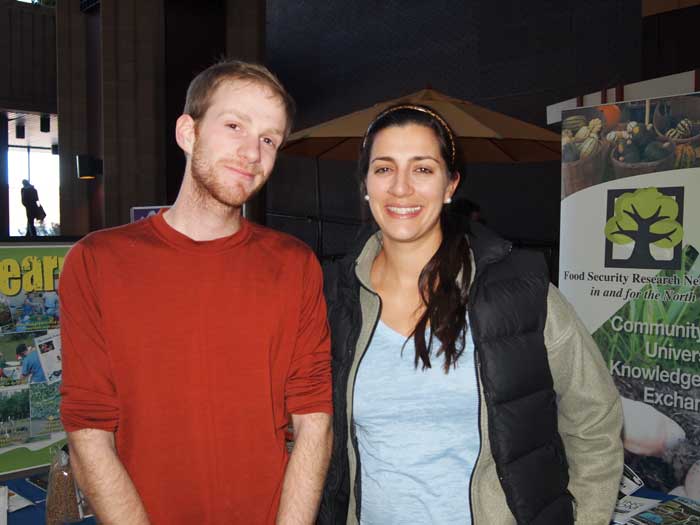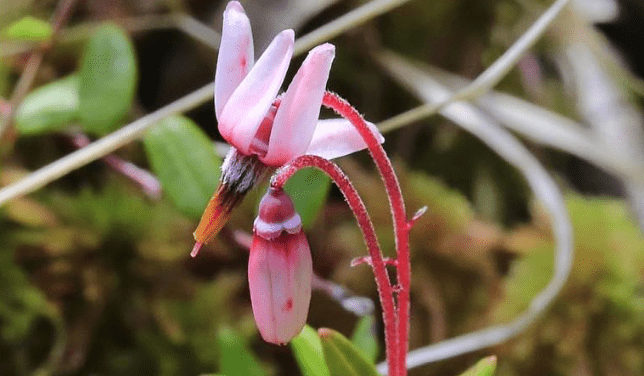 The April issue of The Walleye features profiles of nine local environmentalists – people that are advocating or working to protect the air, water, animals, plants, and other natural resources from pollution or its effects. As a supplement to this article, we caught up with two environmentalists from Lakehead University – Elysia Petrone and Ian Kaufman.
The April issue of The Walleye features profiles of nine local environmentalists – people that are advocating or working to protect the air, water, animals, plants, and other natural resources from pollution or its effects. As a supplement to this article, we caught up with two environmentalists from Lakehead University – Elysia Petrone and Ian Kaufman.
Elysia is the outgoing Sustainability Commissioner for the Lakehead University Student Union (LUSU) and Ian will be taking her place in the fall (he is currently the editor of the Argus). Both are passionate about environmental issues and about acting as a catalyst for change on campus.
In the past year, Elysia has worked on a variety of issues ranging from a campus-wide ban the sale of bottled water to raising awareness about climate change issues and improving the overall governance and accountability for the University’s Sustainability Committee. There is evidence that Lakehead has been thinking green – in recent years, Lakehead has incorporated its natural surroundings in its marketing and the Orillia campus is positioned to be Canada’s first LEED® Platinum university campus. According to Ian, the role of the commissioner is “make sure they walk the talk.â€
When asked what they thought Lakehead could do to minimize environmental impacts, it was clear that Elysia and Ian had mulled this over a few times. Their tag-team response included the following ideas: “compost – work with engineering to deal with organic waste on-site; incorporate alternative energy – by using solar, maybe some aspects of campus energy use could be self-sustaining.†Then, in unison, they both said, “Aramark,†which Ian described as the corporation with the contract for food services. One of his goals for the 2011-2012 school year is to see more local food on campus, which he admits could be a challenge in terms of food services, but could be a opportunity in terms of providing local producers with a new market.
In terms of reducing environmental impacts, Elysia encourages people to winterize their bikes (perhaps as important in April as in January!) and to “be the change you want to see.†Ian, on the other hand, approaches environmental issues from another angle – instead of thinking about ways to reduce one’s impact, he thinks people should “slow down and consider what is important, bring back the sense of community.†He says that the local food movement embodies this approach – one that he hopes will spread a little further onto LU’s campus during his tenure as the Sustainability Commissioner.
For more info: sustain.lusu.ca
story and photo by Michelle McChristie














